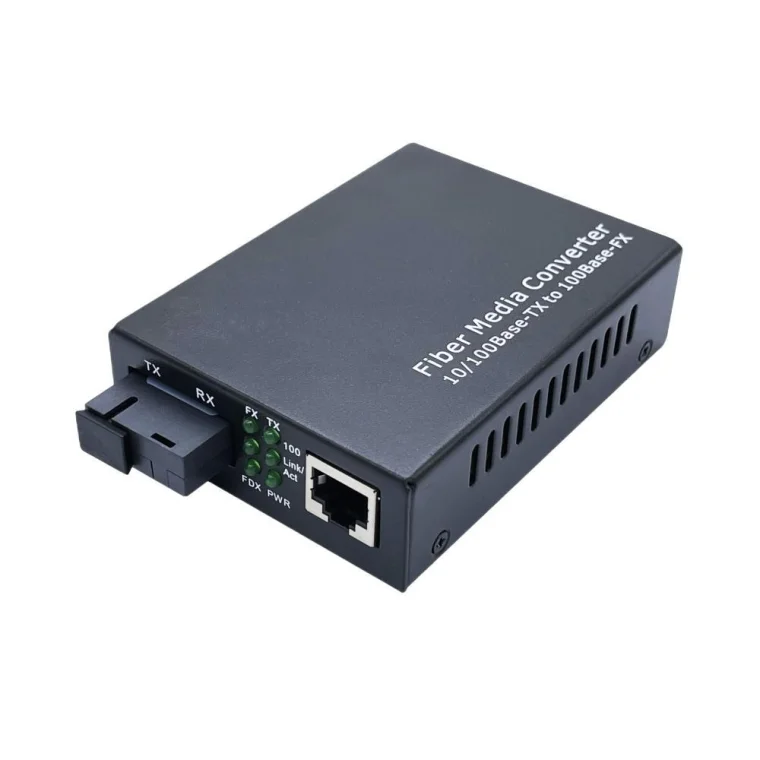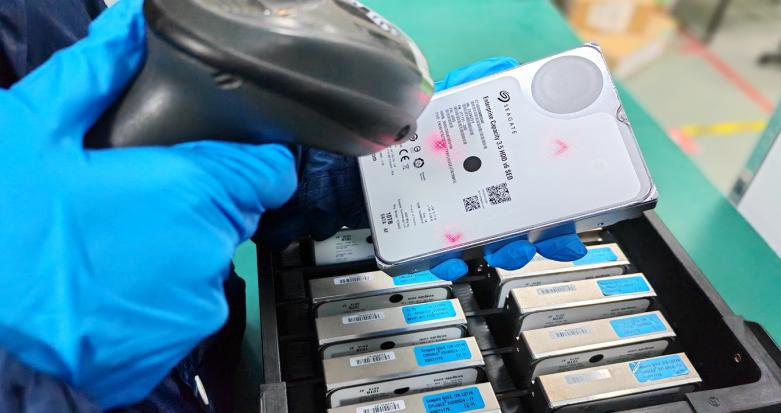
In today's digital age, where information travels at the speed of light, radio remains a powerful medium that continues to shape our lives. From broadcasting news and entertainment to facilitating communication in remote areas, radio has proven its versatility and resilience. In this blog post, we will explore the various ways in which humans utilize radio, highlighting its significance and impact across different sectors.
- Communication and Broadcasting:
Radio serves as a vital tool for communication, connecting people across vast distances. It enables individuals to transmit and receive information, bridging gaps in remote areas where other forms of communication may be limited. From emergency services to military operations, radio plays a crucial role in ensuring effective and reliable communication. - Entertainment and Information:
Radio has long been a source of entertainment and information for millions of people worldwide. Through radio stations, individuals can access a wide range of programs, including music, talk shows, news, and sports. It provides a platform for artists, musicians, and journalists to share their work and engage with audiences on a personal level. - Education and Learning:
Radio has proven to be an invaluable tool for education, particularly in regions with limited access to formal schooling. Educational radio programs cater to diverse audiences, offering lessons on various subjects, language learning, and vocational training. By leveraging radio's accessibility, educational initiatives can reach marginalized communities and empower individuals with knowledge. - Emergency Communication:
During times of crisis, radio emerges as a lifeline for affected communities. Its ability to operate independently of other infrastructure makes it a reliable source of information during natural disasters, conflicts, or public health emergencies. Emergency broadcasts provide critical updates, safety instructions, and support coordination efforts, ultimately saving lives. - Scientific Research and Exploration:
Radio waves have revolutionized scientific research and exploration. Radio telescopes enable astronomers to observe celestial objects, study cosmic phenomena, and unravel the mysteries of the universe. Radio communication also plays a vital role in space exploration, allowing astronauts to communicate with mission control and facilitating interplanetary missions.
Conclusion:
From its humble beginnings to its present-day significance, radio continues to shape our world in profound ways. Whether it's connecting people, providing entertainment, or enabling education, radio remains a powerful medium that transcends boundaries. As technology advances, radio will undoubtedly evolve, adapting to the changing needs of society. However, its core purpose of connecting and empowering individuals will remain unchanged.



